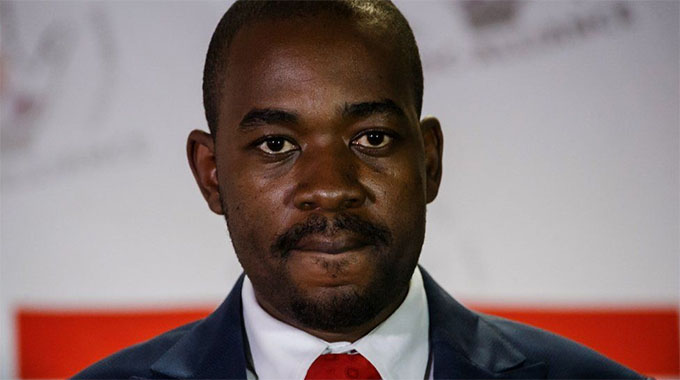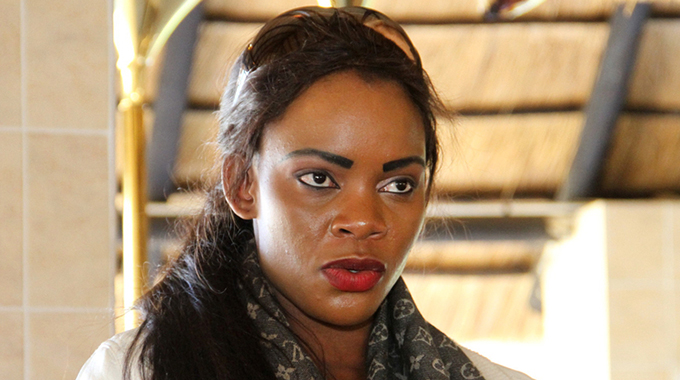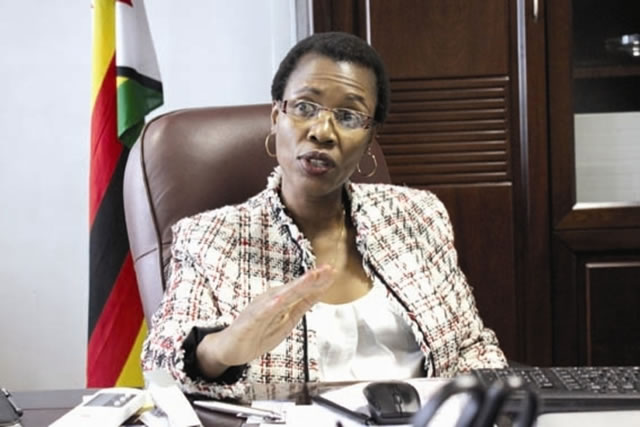EDITORIAL COMMENT: CCC leader isolated as party embraces Parly, councils

All the 130 winners from the CCC in the just ended parliamentary elections yesterday took their oaths of office for the National Assembly or the Senate and the day before the winners of council seats were sworn into office and now legally sit in the local authorities.
So it seems that a CCC maxim is that if you win then the vote was transparent free and fair, but that if you lose, or from statements that have been made after this election and after the last election in 2018, if you lose the presidential election then the poll must be rigged.
No one disputed the parliamentary or local authority elections this time around and no one disputed them last time.
So just about everyone agrees we have a Parliament of 280 MPs in the National Assembly and 80 senators in the Senate, made up of 176 Zanu PF MPs, 103 CCC MPs, 33 Zanu PF senators, 27 CCC senators, 18 senator chiefs and two senators representing people with disabilities, with an extra MP still to be elected after the death of a candidate postponed the Gutu West National Assembly poll.
We safely assume that they will work together and socialise together when on Parliamentary premises. Of course in the midst of debate there will be many disagreements, but a lot of the heavy duty work in Parliament these days is done in committees where as Parliamentarians delve deeply into a matter surprising degrees of consensus emerge.
At the very least the points of disagreement can be tightly defined, and sometimes a rethink can introduce more consensus.
In other areas, MPs divide into other groups. For example, women Parliamentarians, who despite progress and the 60 extra seats for women are still a minority, do meet together across party lines to discuss a range of issues.
Here, one interesting point in how provincial party lists have to be compiled has led to a 35-25 majority for women among the 60 party list senators. The party lists have to alternate male and female candidates with the number one position being a women.
While in the 4-2 party splits in five provinces this produced three men and three women, in the three 3-3 party splits and the two 5-1 party splits this produced four women and two men.
Admittedly that 10-seat majority of women in the party seats in the Senate does not match the 18 senator chiefs, but in one chamber the women are now a very large minority.
The fact that Parliamentarians have to share a single dining room, and for that matter a single bar, also helps everyone to retain civil standards of behaviour outside the chambers, as well as inside where decorum is enforced by presiding officers.
You can disagree, and disagree strongly, but you still need to be polite and live and work together. That helps a lot to make disagreements across party lines to stress the issues, rather than generate personal animosity.
The Parliamentary results, generally accepted by all and backed by the results for lower tier of the far larger number of local authority councillors, show President Mnangagwa’s winning percentage in the Presidential election fits the voter split in the legislative and council elections.
The vote split for the extra women members and the senators, run on party lists based on the percentage the candidates from each party won in the constituency elections, are very close to the percentage split for President.
Since only the two main parties nominated slates of candidates for these proportional representation seats, the votes of independents and smaller parties were excluded; there is an additional slight distortion in that all provinces elect six senators and six extra women, regardless of population, but that 55-45 split in senators and extra MPs was close to the Presidential vote.
The general acceptance by all CCC councillors and Parliamentarians of the election results, with no electoral petitions by any of the losers, tends to isolate Nelson Chamisa in his party.
The closeness in the split for legislative and local authority elections and the final Presidential vote makes it ridiculous to assume there is a very large group of Zanu PF supporters who voted for party candidates for Parliament and their local authority, but then switched their vote in the Presidential election to the main opposition candidate.
That never happens which is why the Presidential winner can rely on a Parliamentary majority.
There is a bit of cross voting, mostly at lower level when your ex-headmistress is standing for your local council for example, but in the main most people vote along straight party lines and those splitting their vote tend to balance each other out in each direction.
Mr Chamisa needs to accept that while 44 percent of the vote is a lot, he does not have the needed majority vote to win the poll.
He could not find in the end enough evidence to make a credible challenge in the Constitutional Court.
President Mnangagwa in his first term made strenuous efforts for formal forums where he could meet, and listen, to opposition voices.
Polad was one obvious forum, and while all Presidential candidates are technically equal and have equal voices, it would seem obvious that the winner and the major loser would have more weight.
So Mr Chamisa would not be demeaning himself, any more than President Mnangagwa does, in joining Polad.
The other effort President Mnangagwa made was to establish one-on-one meetings with then leader of the Parliamentary opposition in that brief period where the leader of the main party in opposition in Parliament was also a senator.
Obviously they were not going to agree, but at least they could formally meet and talk, once again stressing issues rather than any personal animosity.
Both Polad and the one-on-one meetings were in a formal context, and that is needed. The President leaned over backwards, but could not just give political recognition to someone outside the systems.
There is a weakness in the Zimbabwean political system that party leaders contest at the Presidential level, so after the winner is declared the others are outside the system except through Polad.
But last Parliament Dr Thokozani Khupe, for a while the leader of the main opposition party in Parliament and the third placed candidate in the 2018 Presidential poll, showed the way by being successfully nominated to fill a vacant women’s seat and so entered the National Assembly.
Other unsuccessful Presidential candidates with a decent block of Parliamentarians could do the same and fight a by-election when a vacancy occurs in the ranks of their party caucus.
The Electoral Act even allows a voter who is a candidate for a constituency to move their registration to that constituency.
However, Mr Chamisa will no doubt continue to prefer sitting in his self-imposed isolation, dreaming his dream that he must have won the election, supported by his monstrous vanity that he alone is important.
That vanity is displayed in the cult of personality he has tried to create by using his own portrait as his party’s symbol, a degree of egoism that staggers the imagination and must make thoughtful people wonder to what lengths he would take this personality cult if he ever won an election.
In his mind elections are about him, and definitely not his party and not the issues that should drive a political process.











Comments